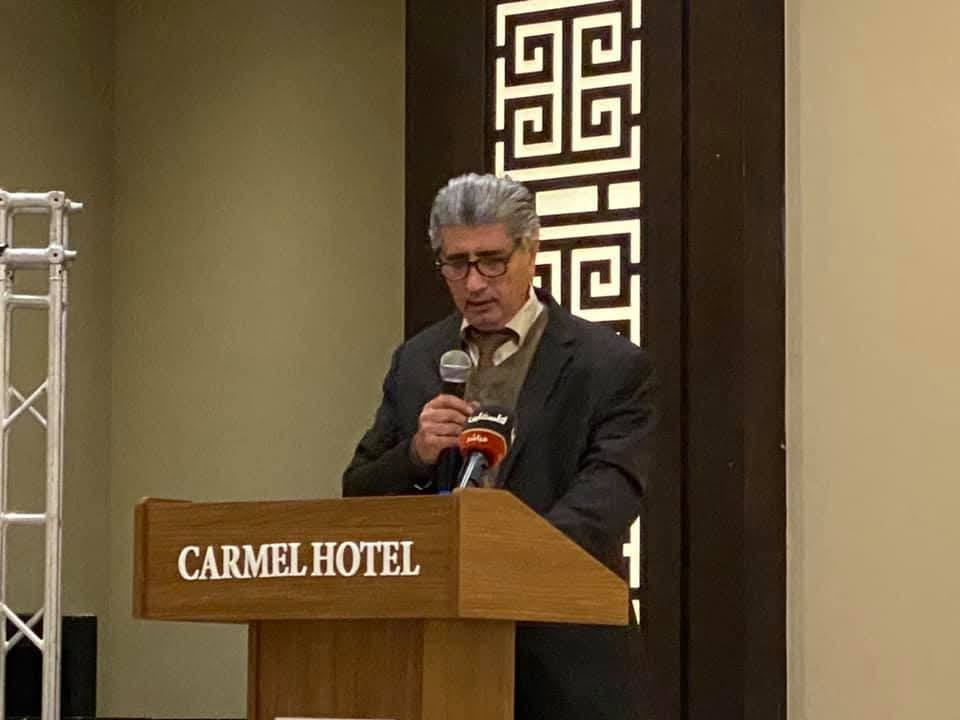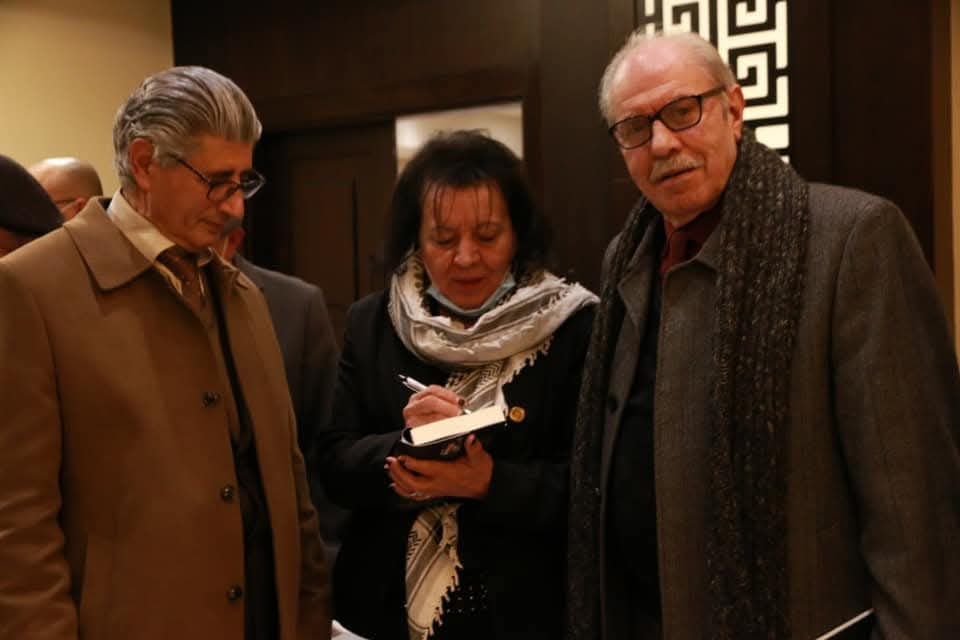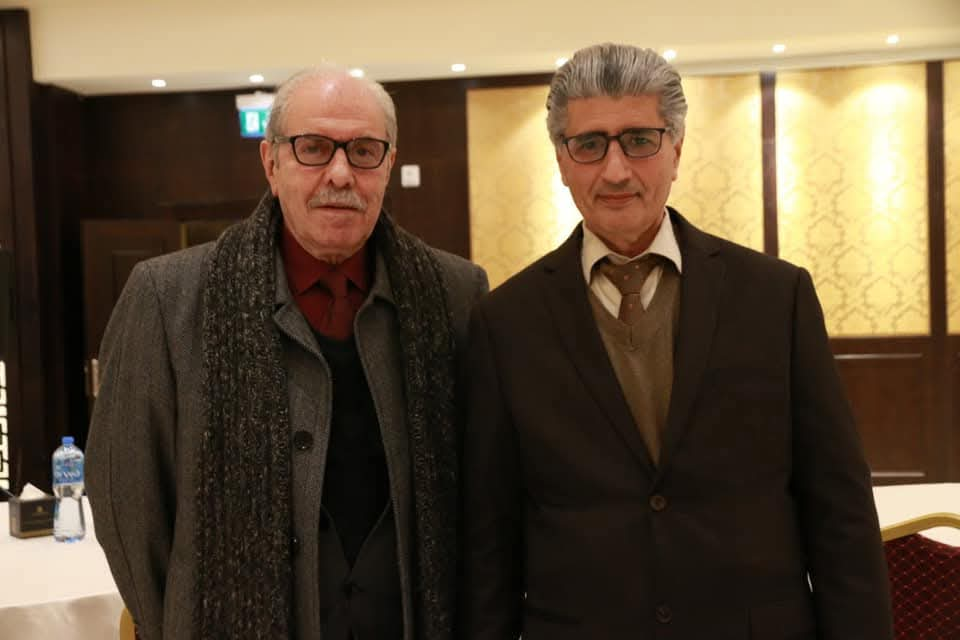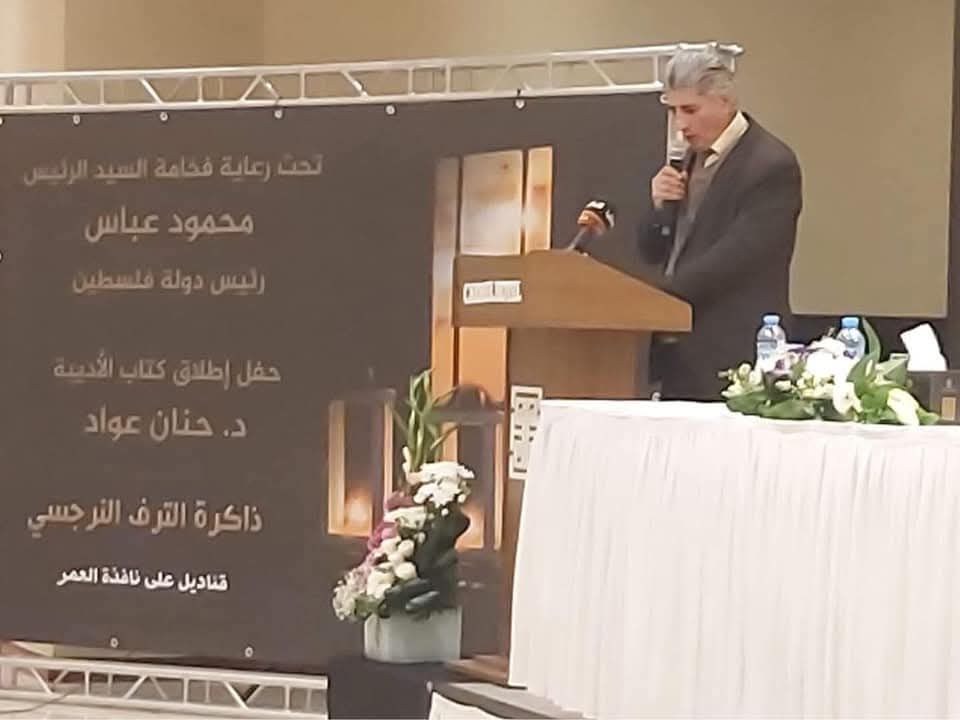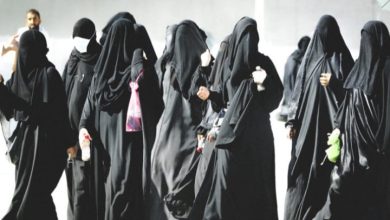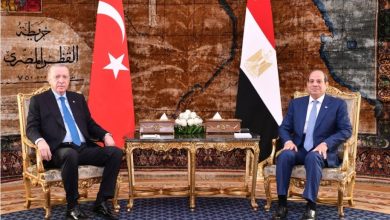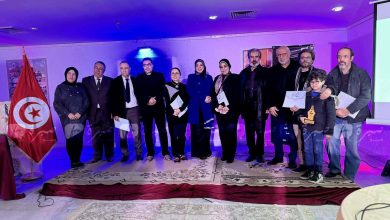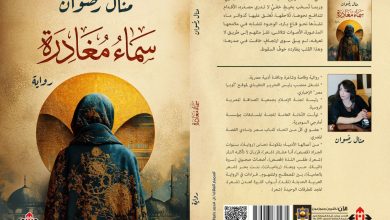
The Eidetic Memory of the Opulence of Narcissism:
Lanterns of Light
The Literary Journey of D. Hanan Awwad
By: Dr. Hassan Abdulla
 Writing an autobiography is not merely an act of recounting events or presenting factual information, even if done with utmost precision and objectivity. It is, rather, a form of literary art—no less intricate than the novel, the short story, or the poem. In fact, it may be even more complex. Why?
Writing an autobiography is not merely an act of recounting events or presenting factual information, even if done with utmost precision and objectivity. It is, rather, a form of literary art—no less intricate than the novel, the short story, or the poem. In fact, it may be even more complex. Why?
Because when one writes the essence of a lived experience, many dimensions converge and intertwine. The boundaries between disciplines blur—history, sociology, psychology, and literary creativity all come together. A dialogue unfolds between past and present, striving to glimpse the future through the lens of memory and reflection.
In autobiography, events and experiences intertwine in a dialectical motion. History presents its stages and the relationships among them—how each phase lays the groundwork for the next. It unfolds its social, political, cultural, and economic environment, revealing the forces, traits, and influences that shaped a dialectic of self and circumstance.
The dialectic of life itself becomes evident—between the personal and the collective, appearance and essence, cause and effect, form and substance, potential and reality. And in the philosophical laws of dialectics—particularly the law of cumulative experience and knowledge that leads to qualitative transformation—we perceive the evolution of the human spirit and the maturation of personal and cultural experience.

All these reflections came to me as I read The Eidetic Memory of the Opulence of Narcissism by the distinguished writer Dr. Hanan Awwad, published by Kol-Shay Library in Haifa.
When I hosted her on my television program A Lover from Palestine, her loyalty to Yasser Arafat, the historic leader, was vivid and unwavering. It was only natural—she had been close to him, profoundly admiring his character and vision.
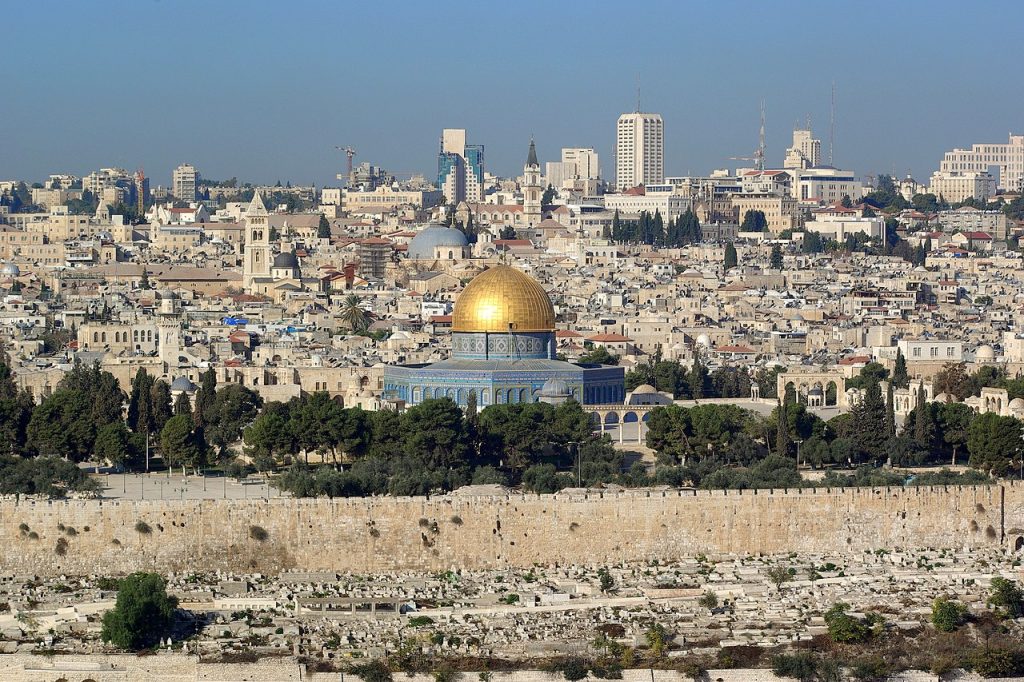
Hanan is a lover of Jerusalem, a daughter of the city, forever intertwined with its soul. There she writes and creates, her imagination kindled by its holiness, her spirit perfumed with its sacred air.
In Jerusalem, she learned her first letter.
In Jerusalem, she taught her students the eloquence of the Arabic language.
Twenty years before that episode of A Lover from Palestine, I had conducted a long television interview with her for my cultural program Al-Baydar. Between Hanan of 1997 and Hanan of 2017, I observed the same vitality, the same passion that never faltered for a single moment.
Now, as I write this analytical reading of her new book, I strive to grasp as much as possible of the dimensions of her experience. Each time I finished a page, I returned to what I had written about her in my book that documented fifty creative and cultural journeys featured on A Lover from Palestine. I found that what I had once written felt as though it had been a premonition of this present reflection—how could it not be?
During that single televised hour, she distilled the essence of her life story, particularly her deep and human relationship with President Yasser Arafat.
The writer Dr. Hanan Awwad masterfully combines the beauty of language in writing with the eloquence of narration in speech. In both realms, she takes meticulous care to place each word in its rightful place—as though adorning the reader’s or listener’s neck with a necklace of the most precious words.
I have read Hanan Awwad regularly since the latter half of the 1970s — what she published then in local newspapers and magazines — and later, many of her books as they came out. With every reading, it became increasingly clear to me that I was in the presence of a poet with a renewed language and astonishing imagery.
She succeeded in engraving her name in three spheres — local, Arab, and international — relying on a patriotism that is not dictated by mood or circumstance, nor by agreement or disagreement. For patriotism, in her dictionary, is a permanent state of union with the homeland — an intellectual and emotional belonging, an ever-flowing stream of knowledge and analytical insight. From that same womb of patriotism was born a literary talent capable of harboring love, and of infusing it everywhere — through space and time.
In her dictionary, Jerusalem is the homeland — the city that whenever she leaves, for any reason, she hastens to return to. Leaving Jerusalem and returning to it is a spiritual exercise in deepening love, a preparation for the act of loving itself — love expressed through both departure and return. Thus, Hanan continues to breathe Jerusalem — as speech, as song, as history, as longing.
In her autobiography, we find the essence of a life, guiding us through Jerusalem, Ramallah, Nablus, Tulkarm, Amman, Beirut, Cairo, Tunis, Baghdad, and many world capitals.
In my view, the most remarkable aspects of her autobiography are:
First: Accuracy and honesty in depicting events, and in portraying the relationship between the personal and the national-cultural dimensions.
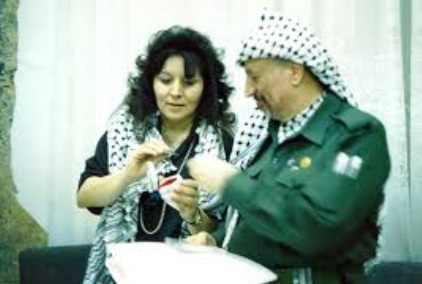
Second: Her pride in her relationship with historic leaders such as Yasser Arafat and Abu Jihad, may they rest in peace. Her book thus becomes a true Eidetic Memory of the Opulence of Narcissism, where “narcissus” is meant in its aesthetic and fragrant sense — the fragrance of place and memory — not as self-absorption or vanity.
The book is a confession of what was and what happened — the narcissus here is a symbol of accomplishment and creative flourishing. Personally, I love the narcissus — the lord of flowers, supreme in fragrance and presence, long associated by writers and artists with creativity and generosity. I once wrote an essay about writing, reading, and the narcissus, where I said:
“I poured a narcissus plant upon my body — a river of its fragrance — as a gesture of saying: good morning, my friend.
I tried to return the greeting, drew closer, and whispered in her ear:
When my soul swims in the river of your narcissus, my pen renounces ordinary writing and decides to write your scent.
Thus my reading and my writing take on the fragrance of narcissus — your fragrance.”
And so, as one who loves the narcissus and is intoxicated by its scent, how could I not breathe in its perfume in the title of this book — in the title of this autobiography? For within the narcissus lies the energy of life.
Third: In all the interviews I have conducted — especially televised ones — over a quarter of a century, I have never encountered anyone who wrote about Abu Ammar (Yasser Arafat) with the same intimacy and warmth as Hanan Awwad. Many wrote about him while he was alive, but fell silent after his passing. She, however, never ceased to mention him — as a leader, brother, friend, and teacher.
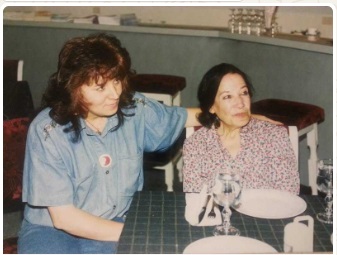
Fourth: What captivates me in her memoirs is her elevated language, akin to Mountainous Journey, Difficult Journey by the great poet Fadwa Tuqan. High language elevates autobiography to the rank of fine literature; modest language reduces it to mere documentation. Hanan Awwad writes pages where poetry speaks, and narrative flows with rhythm and suspense.
Fifth: Her autobiography highlights the role of the Palestinian woman as an initiator — capable of carrying her literature, thought, and above all, her cause, to every corner of the world.
Sixth: The ever-present nostalgia for Jerusalem — even while she is in it. How can one long for a place one inhabits? That is the essence of the Palestinian experience: the constant fear of being uprooted, exiled, or distanced from one’s land. Her yearning for Jerusalem never leaves her words — even as she writes from within the sacred city itself.
Seventh: Her absolute optimism in the face of hardship. Despite the setbacks our cause has endured in the past two decades, she continues to write filled with hope, certain that the future will bring better days for the Palestinians.
Finally, though she writes for people — in poetry, prose, and autobiography — she also learns from them, as she told me on the program A Lover from Palestine. She learned from the university, from the marketplace, from the humble people — as great creators do. The Syrian novelist Hanna Mina once said: “I learned in the marketplace, on the roadside — from life itself, from people.” He then returned to them through his writings — enriched with their features, their pulse — yet written with his own sensibility, taste, imagination, and dream.
So, thank you, Dr. Hanan Awwad, who learned from the people and returned to them with the distilled essence of her thought and creativity in The Eidetic Memory of the Opulence of Narcissism.
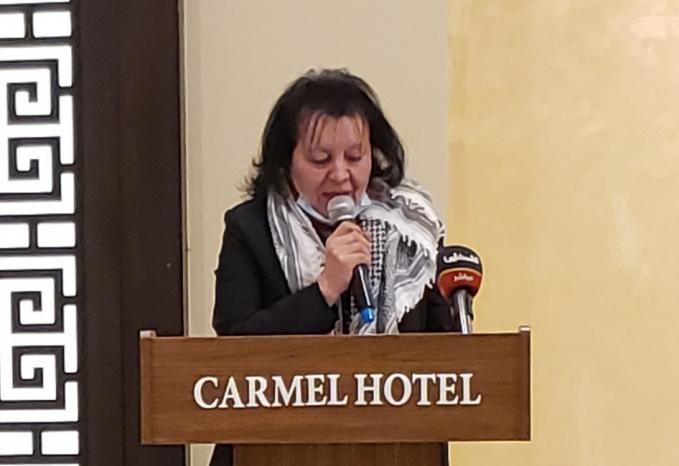
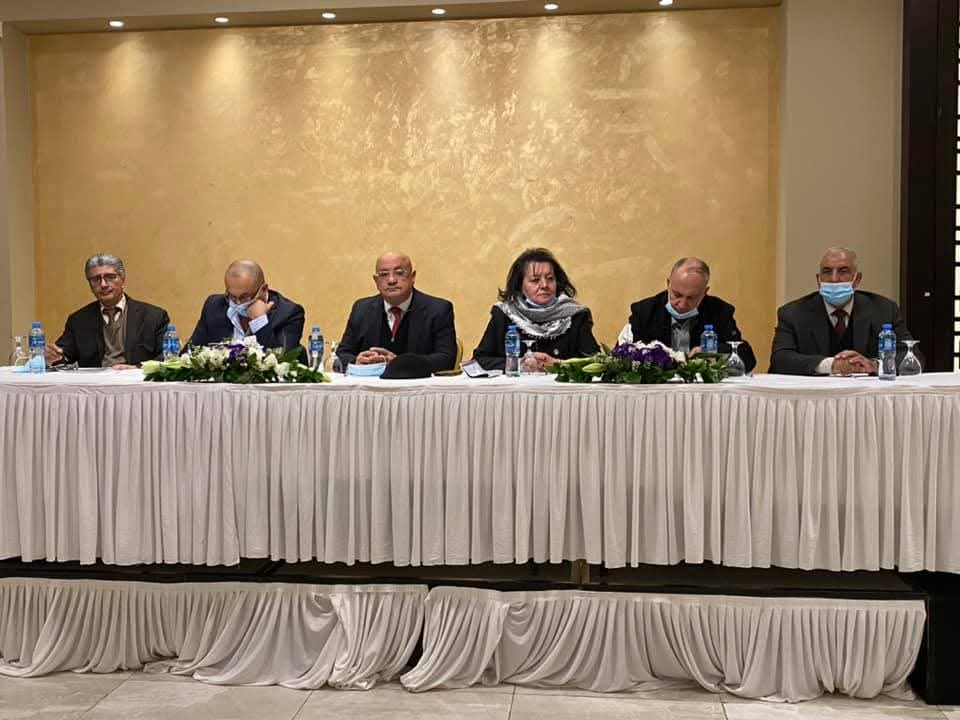
(From the reading at the book launch ceremony)
Hanan Awwad, The Eidetic Memory of the Opulence of Narcissism, Kol-Shay Library, Haifa, 2021


